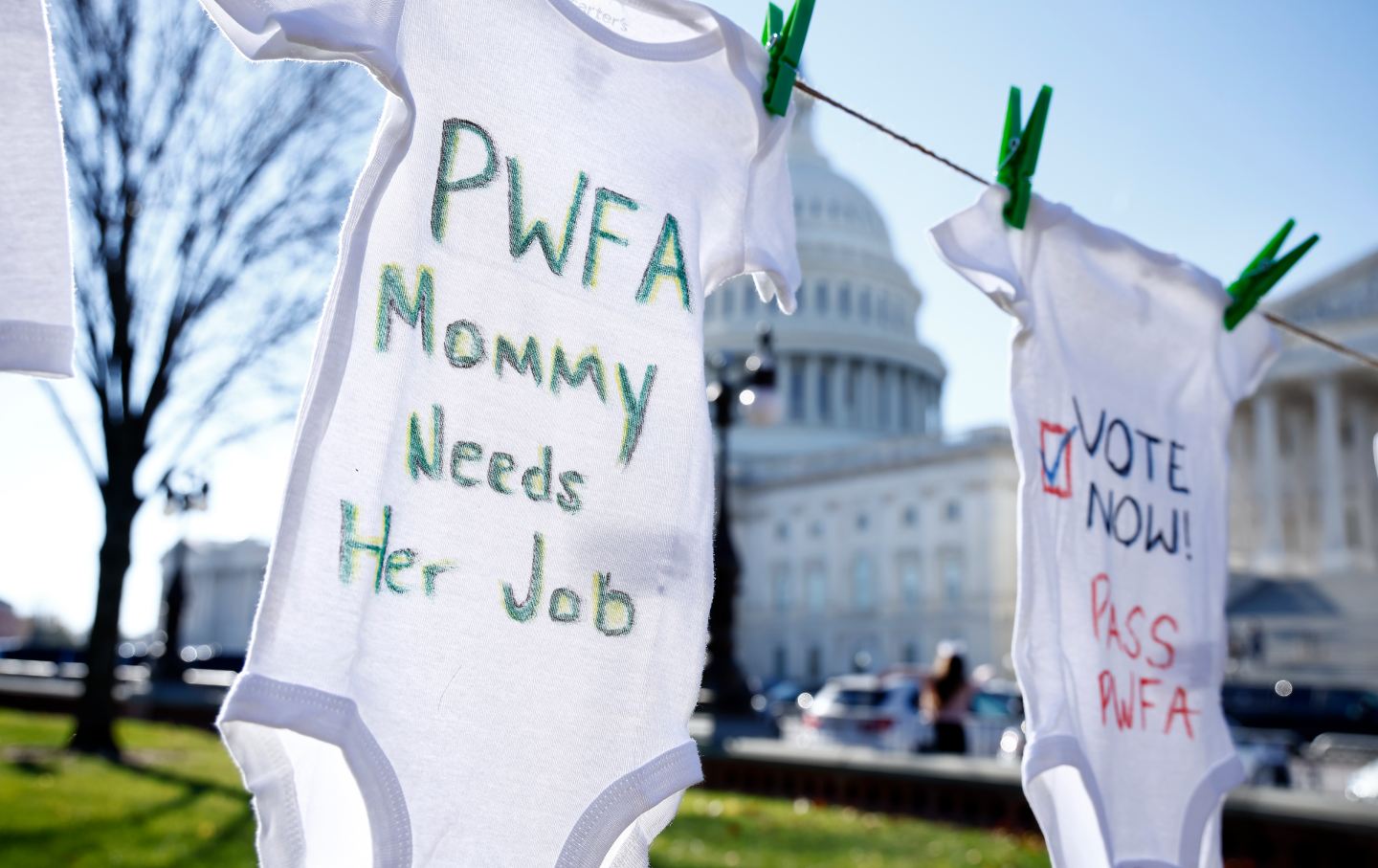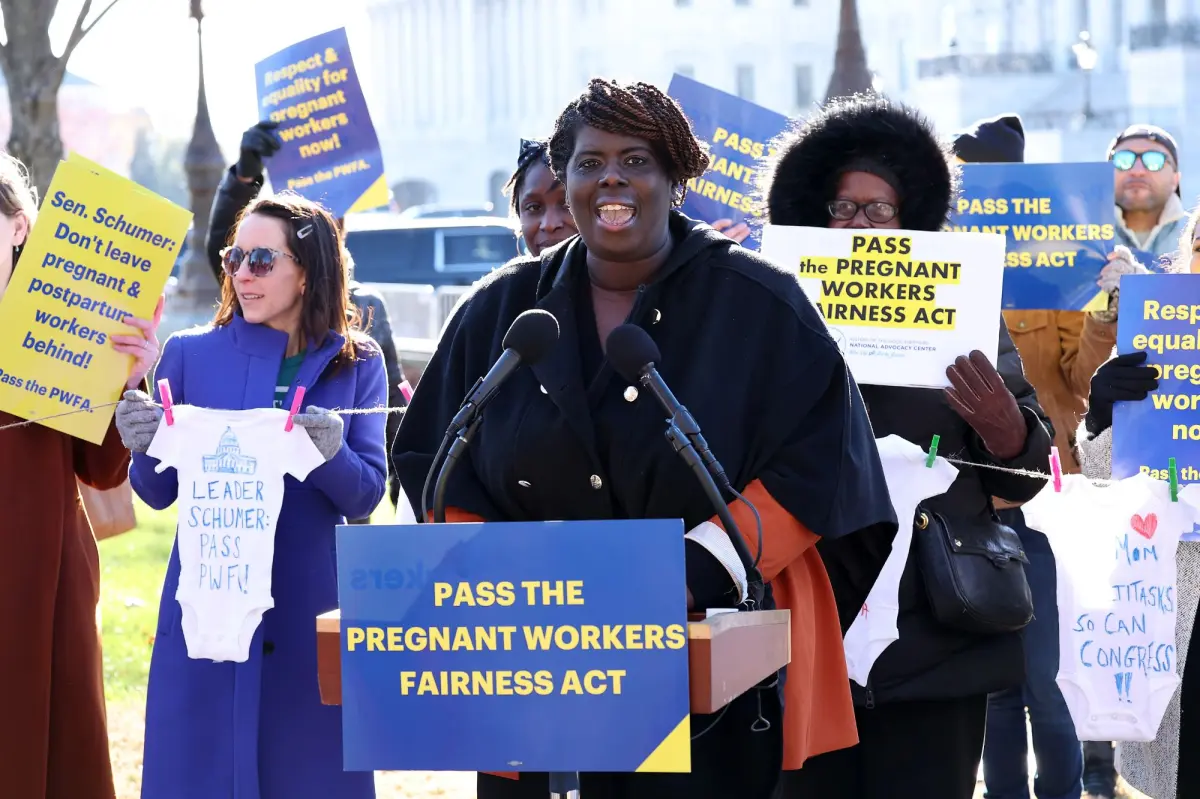The U.S. Equal Employment Opportunity Commission (EEOC) affirmed that employers must accommodate workers’ pregnancy-related needs, including abortions and contraception.
This directive stems from the Pregnant Workers Fairness Act, enacted with bipartisan support in 2022, mandating adjustments for employees with conditions related to pregnancy or childbirth.
Despite backing from major business groups, the rule has faced criticism, particularly from Republicans and religious organizations.

They argue that the law’s protections shouldn’t extend to abortion or contraception choices and advocate for religious exemptions. Some congressional Republicans even hinted at potential legal challenges over the lack of a religious exemption clause.
Representative Virginia Foxx of North Carolina accused the EEOC of overstepping its authority, contending that the rule goes beyond the law’s intended scope.
Foxx emphasized that the term “abortion” doesn’t feature in the legislation and criticized the Biden administration for pushing what she labeled as “radical policy goals” through regulatory channels.
The EEOC, an independent agency whose members are presidential appointees, forged ahead with the rule’s implementation despite the controversy. It will be officially published and enforced 60 days after its formal release on Friday.

The Pregnant Workers Fairness Act requires employers with 15 or more workers to provide reasonable accommodations for pregnant employees.
Such accommodations could range from modified work duties to additional breaks, remote work options, and paid or unpaid leave.
Advocates argue that these measures remove barriers to women’s participation in the workforce during and after pregnancy, promoting both economic security and maternal health.





